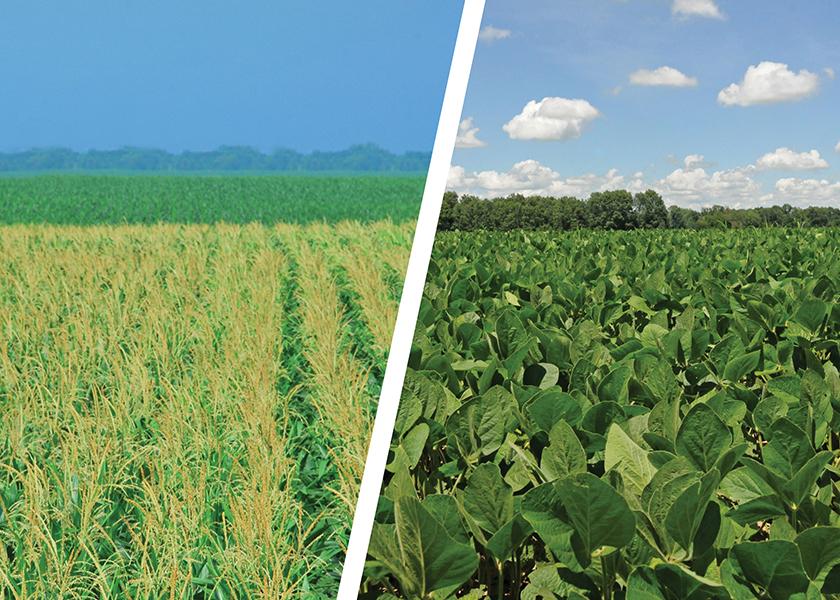Feed Sustainability: Moving the Animal Protein Industry Forward

As the animal protein industry continues to find innovative ways to decrease the carbon footprint of animal products, a new resource guide may help move those efforts forward.
The Sustainability Consortium (TSC) recently released the Resource Guide on Sustainable Animal Feed, a digital resource to help companies in the animal feed supply chain better understand and address how the demand for animal protein products – and subsequently animal feed – affects the environment, including air, land, soil, water and biodiversity.
The free resource guide was developed by TSC alongside a group of stakeholders made up of over 20 different organizations including the National Pork Board, Pipestone Systems, BASF, The Nature Conservancy, Syngenta, American Feed Industry Association, Sustainable Food Lab, and others.
“As the demand for animal protein increases, so does the demand for animal feed. Every company along the value chain has the opportunity to make a significant contribution towards feed sustainability. This resource guide supports these organizations in their efforts,” Christy Slay, TSC’s senior director of science and research, said in a release.
Demand Is Rising
Population growth, rising income and changes in diet are just a few reasons why the global demand for animal protein is increasing. According to TSC, recent life-cycle assessments estimate that feed production accounts for 70% of the total carbon footprint of animal products.
The resource guide was created as a resource for sustainability professionals, procurement teams, feed and animal protein industry professionals, researchers, and non-profits. The guide brings together relevant resources and information related to feed sustainability globally with a focus on the U.S.
“The National Pork Board is committed to greater transparency about our industry’s efforts regarding environmental sustainability and our journey of continuous improvement,” Brett Kaysen, vice president or sustainability at the National Pork Board, said in a release. “This means making information, resources and tools available to those who buy pork to sell pork and help them better understand the animal feed supply chain. We’re proud to work with TSC and the other stakeholders to produce this valuable guide.”
A Holistic Approach to Sustainability
The authors behind the guide, Slay and TSC research assistant, Teresa Garcia-Moore, LL.M., hope companies will use this guide to create a more holistic approach to enhancing the overall sustainability of the animal and environment systems.
The guide addresses these key topics:
1. Leading organizations engaged in feed sustainability efforts
2. Useful tools
3. Reports and case study spotlights
4. Research
5. Companies’ feed sustainability initiatives
TSC plans to continually update the guide as resources become available. Access the free, digital guide here.
More from Farm Journal:
The Carbon-Neutral Pig and Chicken: The Pivotal Moment is Now







